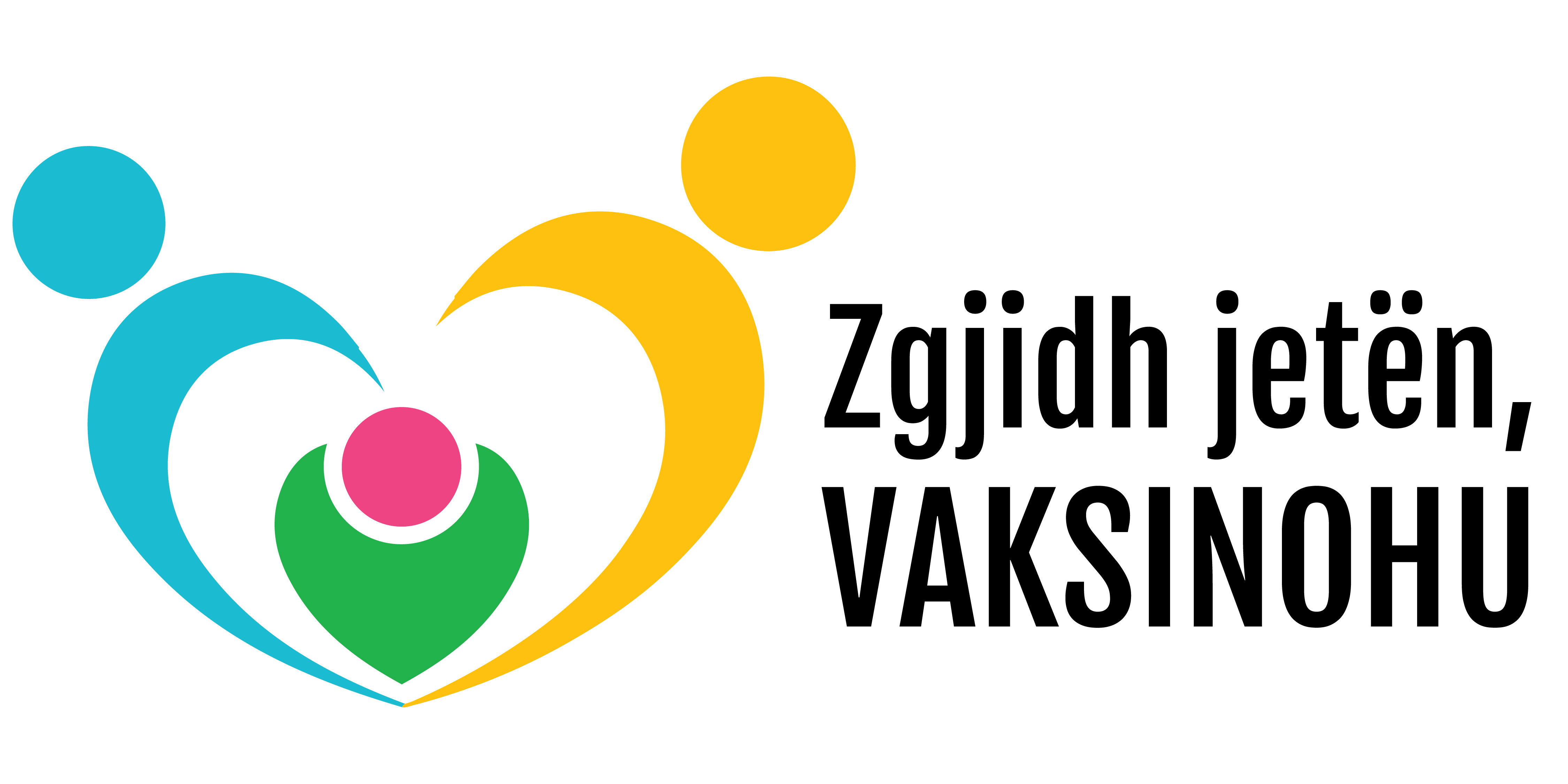Civic health consciousness in the information society
Wojciech Czabanowski1
1 Faculty of Philosophy, Jagiellonian University, Krakow, Poland.
Corresponding author: Wojciech Czabanowski, PhD fellow in philosophy, MA in philosophy, law student.
Address: Al. Słowackiego 15a/2, 31-159 Kraków, Poland;
Telephone: +48516 244354; Email: czabanowski.wojciech@gmail.com
Abstract
The article attempts to analyse the notion of healthcare in the information society in terms of communication theory and Marxism. Concentrating on the role of health care professionals, it shows in what way communication is crucial in developing health consciousness in modern societies. The argumentation leads to the notion of orthobiosis, which expresses the idea of a modern health-conscious democratic community.
Keywords: health, information society, political consciousness.
Health care as communication
Health in the information society means communication. Multifaceted exchange of information, goods and services among various subjects takes place within three areas: vertical- which includes a given health care system, horizontal – which relates to the international level and interdisciplinary.
The phenomenon of going beyond the field of medical disciplines occurs within each of these fields. At the vertical level, the communication takes place between a professional and a lay person, at the interdisciplinary level, it is between a health care professional and other discipline professionals. Finally, at the horizontal level, we speak about the communication between professionals representing different countries.
Horizontal communication among health care professionals gains a prominent role in a globalised world, in which we can witness the upside down turn of the traditional community communication model. Double manifestation of globalisation can be well observed based on the example of two synchronic processes such as: communicational unification and particularisation.
Globalisation is heading towards unification because we can observe similar problems in different parts of the world; we can encounter similar institutions, and; we can talk to people who think in a similar way as we do. It is due to “becoming alike” that the communication among international professionals in modern information societies is facilitated on such a level as never before in history.
At the same time though, globalisation goes in the direction of particularisation. It is often easier to communicate with a person representing a similar social status and profession from another country than with a national coming from a different social class. One can say that globalisation leads on one hand, to territorial unification and social class particularisation on the other. How can we use these phenomena?
Health care systems are not autotelic; their existence is conditioned by the need of providing health care services. The discussed model presents health care services widely as a vertical communication in the framework of a health care system. The fact that the system is not autotelic and is based on a specific primary objective does not mean that this objective has to determine the shape of the whole structure alone. A holistic solution based on the synergy of the three above mentioned areas of communication can be proposed.
Interdisciplinarity
In the era of interdisciplinarity, health care does not limit itself to medical services only, but includes other related services. At the conceptual level, the definition of health used by the World Health Organization (1) broadens the concept of health as a regular biological functioning of human organism and its psyche by the elements related to the higher levels of Maslow’s pyramid. Such a conceptual solution leads to the next step, which is of more systemic nature: enlarging the spectrum of health care professionals by individuals devoted to meeting other than medical treatment needs. In this sense, an artist who meets the aesthetic needs of people, manager organising health care at the system level, farmer providing healthy products which are a fundament of a healthy lifestyle, fitness trainer or a journalist who ensures access to information, allowing for effective health management at the personal level.
International exchange
During the times of international integration there is a necessity not only for the exchange of information among professionals from different countries, but also closer collaboration of various health care systems due to unprecedented mobility of people, services, goods and ideas. It should be noted that ideas are also extremely important for health care systems, for example: they can lead to the spread of healthy or unhealthy lifestyles. Actually, considering health care systems as separate entities can be a mistake. A desirable solution allowing for the exchange of information and experience in a widest sense, would be the development of international health care systems, for instance in the frames of the international institutions such as the European Union (EU). It would not only have positive effects in the practical and scientific area, but also a social role. The existence of one health care system would lead to decreasing or subsequent elimination of inequalities related to differences in the access to health care. Moreover, one can argue that European regulations favour owning classes (monetary union, free movement of capital, services, people and goods, a common market and the like), whereas there are no universal social solutions within the EU. One health care and social insurance system would be a solution which would not favour those who already have much, but would benefit all social groups, especially those which are underprivileged or deprived.
Vertical communication
Finally, going back to the vertical area, it turns out that it should be an internationally wide, two directional transmission channel in which each individual plays a role of both a subject and an object. An individual is a subject of a system only when he or she utilises its services and an object of a system only when he/she participates in its shaping. How can a citizen participate in shaping of the health care system? There are three possibilities: (I) at the factual level – I am a farmer and produce healthy carrots, or I am an industrialist and prevent contamination of a river or differently, I am a mother and prepare healthy meals for my family; (II) at the professional level – I am employed by the health care system; (III) at the political level – as a citizen of a democratic state, I have an impact on shaping health policy.
Orthobiosis
As it turns out, health permeates all walks of our lives – actually all activities which we undertake are related to health in various ways, especially by applying the broad WHO definition of health (1). Therefore, the health care system should translate into the lives of citizens in a 1:1 scale. However, this is only possible in the era of information and can only take place at the level of consciousness. It means that we are talking about an intellectual change. The change would require that every individual (not only a professional) is consciously informed that he or she is being fulfilled both as an object and subject of health care. Such a change can be called an orthobiotic revolution from the Greek “ὀρθός” – right, proper and “βίος” – life.
In order to talk about health and comprehend the whole society in an orthobiotic way, it is important to know what health is in general. Help comes from two sides:
Immanuel Kant – Kant gives a useful differentiation of things which are material and formal (2). Generally, we can say that being material relates to a concrete, specific content and being formal relates to the structure within which such concrete content resides. Therefore, a general definition of health must have a formal character, for example: “health is a state in which an individual fulfils himself or herself in every aspect of his/her existence”, or something of a similar nature. Of course, one can list the areas of such a fulfilment including: physical, psychological, civil, and so on. However, it is not possible to materially determine what health should be like.
Democracy – since we claim that every individual who is an object of health care should also be its subject in political dimension. Therefore, citizens within democratic procedures should have a right of material determination of the formal definition of health. Why? The definition should be formal at the general level, however, in practice, material, operational descriptions are needed, for example, in order to determine what is a disease and what is not a disease. Such additional specifications should undergo democratic control, because otherwise we may deal with oppression. The proposed orthobiotic postulate can be formulated in the following way: the specialists or professionals should determine a formal definition and the citizens should define and control the aims of health policy.
Political subjectivity
In order for civil control over health policy to be reliable and efficacious, a change of political and health consciousness is needed (let us call it “orthobiotic consciousness”). It would allow civil society to become an orthobiotic community for itself instead of in itself. Analogically to Marxists notions of “a class in itself” and “a class for itself” (3), a community in itself is such a community which is entangled in a number of factual conditions such as: being their object, or not realising the fact of being their object, or being confused, or lacking organisational will to independently manage these conditions. The community for itself is a community which is aware of objective conditions in which it operates and takes its own initiative at the same time taking by surprise political subjectivity. Contemporary societies are communities in themselves with respect to health. One can say that a “health community in itself” (politically unaware or unconscious) is a biotic community, it just lives. On the other hand, a politically conscious community is an orthobiotic community which lives properly and healthy. However, what it means to live healthy? In the case of the biotic community, specialists, physicians and politicians state what it means to live healthy, but this in itself constitutes an orthobiotic community though!
Avant-garde of changes
Becoming politically conscious never happens on its own. Someone has to enlighten somebody else. The first line of such avant-garde can be health care professionals and specialists. They have to comprehend their role to become a class for themselves and subsequently transform the society into an orthobiotic community (community for itself) by informing every individual about his or her health subjectivity and objectivity. Therefore, these are health care professionals who have a potential to transform polluting, littering, destructive, depressive, suffering, obese, unhappy or addicted societies into orthobiotic communities. However, they have to use three areas of communication: vertical, horizontal and interdisciplinary and become orthobiotically conscious themselves.
Conflicts of interest: None declared.
References
1. “A state of complete physical, mental, and social well-being and not merely the absence of disease or infirmity.” World Health Organization. 2006. Constitution of the World Health Organization – Basic Documents, Forty-fifth edition, Supplement, October 2006.
2. Immanuel Kant. 2005. Groundwork for the metaphysics of morals, tr. Thomas Kingsmill Abbott. Peterborough, Ont.; Orchard Park, NY: Broadview Press.
3. György Lukács. 1971. History and Class Consciousness; Studies in Marxist Dialectics, tr. Rodney Livingstone. Cambridge, MA: MIT Press.


